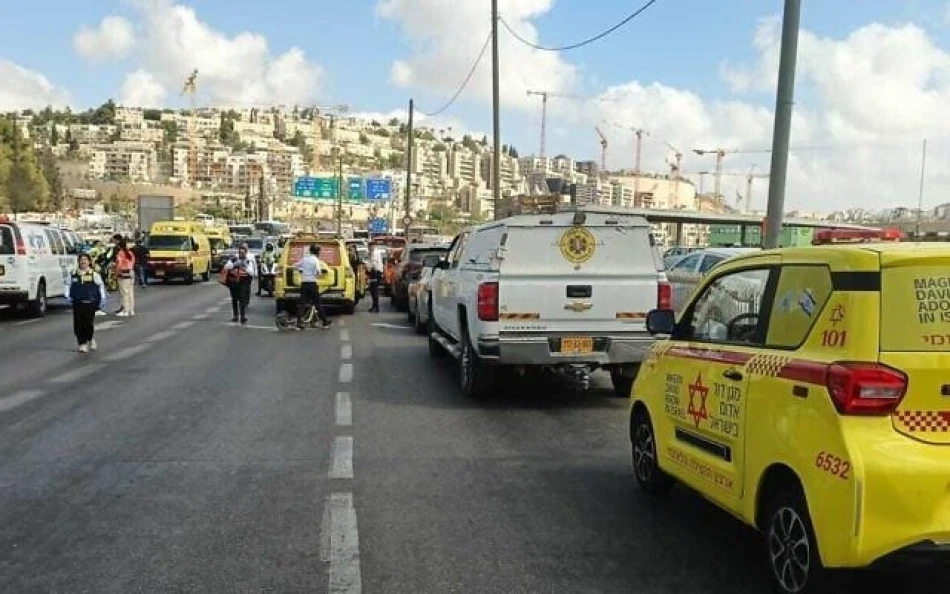
Four Killed in Jerusalem Shooting Attack Amid Escalating Violence
Four Killed in East Jerusalem Shooting Attack at Major Intersection
A deadly shooting attack at a busy intersection in East Jerusalem has left four people dead and several others wounded, according to Israeli emergency services. The incident underscores the persistent security challenges facing the contested city amid ongoing regional tensions.
Attack Details and Casualties
Israeli ambulance services reported that emergency teams and paramedics confirmed the deaths of four individuals: one man approximately 50 years old and three men in their thirties. The shooting occurred at a major road junction in East Jerusalem, a strategically significant area that has witnessed periodic violence over the years.
Beyond the fatalities, paramedics treated multiple injured victims at the scene, with five people suffering severe injuries requiring immediate hospital transport. The severity of the casualties suggests the attack was both deliberate and executed with significant firepower.
Strategic Significance of the Location
The choice of a major intersection in East Jerusalem as the attack site reflects the area's symbolic and practical importance. East Jerusalem remains one of the most contested territories in the Israeli-Palestinian conflict, with its status being a core issue in peace negotiations for decades.
Major intersections in this area typically serve as:
• Critical transportation hubs connecting Palestinian neighborhoods
• Areas with heavy civilian foot traffic throughout the day
• Locations with both symbolic and tactical significance for various groups
Security Implications and Response Patterns
This attack follows a familiar pattern seen in previous escalations, where public spaces become targets due to their accessibility and potential for maximum impact. Israeli security forces have historically responded to such incidents with increased patrols, checkpoint reinforcements, and enhanced surveillance in East Jerusalem neighborhoods.
Historical Context
East Jerusalem has experienced cyclical waves of violence, particularly during periods of heightened political tension. Similar attacks at public locations have previously triggered broader security crackdowns and affected daily life for both Israeli and Palestinian residents in the area.
The targeting of civilian areas reflects the ongoing challenges facing security services in monitoring and preventing lone-wolf or small-cell attacks, which have become increasingly common in urban conflict zones globally.
Broader Regional Impact
Such incidents typically reverberate beyond their immediate location, potentially influencing diplomatic efforts, security policies, and public sentiment on both sides of the conflict. The international community often views violence in Jerusalem with particular concern due to the city's religious significance and its central role in Middle East peace efforts.
The attack may prompt renewed discussions about security measures in contested urban areas and could affect ongoing regional diplomatic initiatives, particularly those involving normalization efforts between Israel and Arab nations.
Most Viewed News

 Sara Khaled
Sara Khaled






